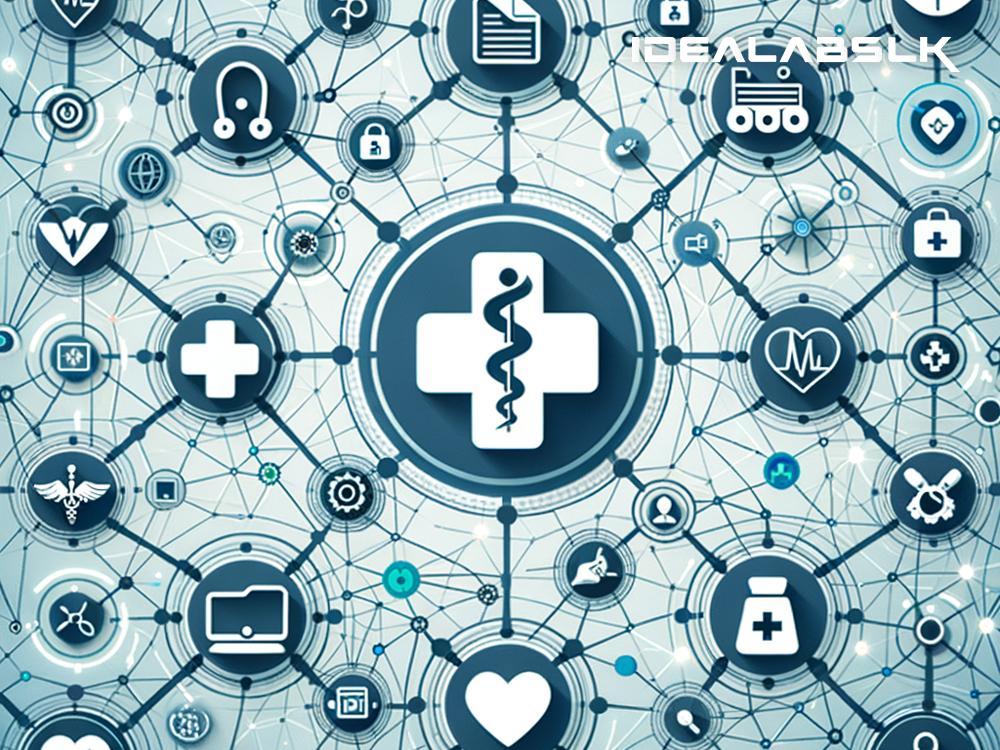How Blockchain Will Shape the Future of Healthcare
In recent years, we've seen technology revolutionize various industries, and healthcare is no exception. One technology that's been making waves is blockchain. While most people know blockchain as the backbone of cryptocurrencies like Bitcoin, its potential stretches far beyond. In the healthcare sector, blockchain promises to inject unprecedented levels of transparency, security, and efficiency. Let's explore how blockchain will shape the future of healthcare, breaking it down into simple terms.
What is Blockchain?
Imagine a digital ledger that is duplicated across a network of computers. This ledger records transactions, and each entry is linked to the previous one, forming a chain. Because this ledger is not stored in one location but distributed across many computers, it's incredibly difficult to tamper with. That's the essence of blockchain: a secure, transparent, and unchangeable record-keeping system.
Secure Patient Records
One of the biggest challenges in healthcare is maintaining secure and confidential patient records. With blockchain, each patient's medical history can be encoded and stored on a secure platform. Only individuals with the right access codes, like the patient and authorized healthcare providers, can access these records. This means a higher level of security and privacy for patient data, reducing the risk of data breaches that plague the current systems.
Improving Data Accuracy
In the realm of healthcare, accurate patient data is paramount. Blockchain can help ensure that medical records are accurate and up-to-date by providing a single source of truth. No single entity controls the data, reducing the chance of errors. For instance, when a patient visits a new doctor, the physician can access the patient's complete, unaltered medical history, leading to better-informed treatment decisions.
Streamlining Supply Chains
Healthcare supply chains, which include the production and distribution of everything from pharmaceuticals to medical devices, can benefit significantly from blockchain. By using blockchain to track the journey of supplies from manufacturer to the patient, stakeholders can ensure authenticity and prevent counterfeits. This transparent tracking system could also lead to more efficient recalls of faulty products, potentially saving lives.
Simplifying Payments
Blockchain could revolutionize how healthcare payments are processed. Currently, the system is cumbersome, involving multiple parties, including insurance providers and healthcare facilities. Blockchain can simplify this by enabling direct, secure, and instant transactions. This could reduce administrative costs, decrease fraud, and make the billing process more transparent for patients.
Enhancing Research and Clinical Trials
Blockchain holds immense potential for the research domain, especially in clinical trials. By ensuring data integrity, blockchain can help authenticate the results of clinical trials, making it harder to manipulate data. Furthermore, patients could have more control over their data, choosing to anonymously share their medical information for research purposes. This could lead to faster medical advancements and more personalized medicine.
Challenges and Considerations
Despite its potential, implementing blockchain in healthcare won't be without challenges. These include technological hurdles, privacy concerns, regulatory issues, and the need for a massive shift in how healthcare institutions manage data. Stakeholders must address these challenges head-on to fully harness blockchain's potential.
Looking Ahead
As we look to the future, it's clear that blockchain could redefine the healthcare landscape. From securing patient records to streamlining payments and enhancing research, its impact could be profound. However, it's important to approach this transition with caution, ensuring that patient privacy is respected and regulatory standards are met.
In conclusion, while blockchain is not a magic bullet for all of healthcare's challenges, it offers promising solutions to many issues plaguing the system today. As the technology matures and more stakeholders get on board, we're likely to see a more efficient, secure, and patient-centric healthcare system emerge. The journey towards integrating blockchain into healthcare is just beginning, but its potential to positively influence the future of healthcare is undeniable.

